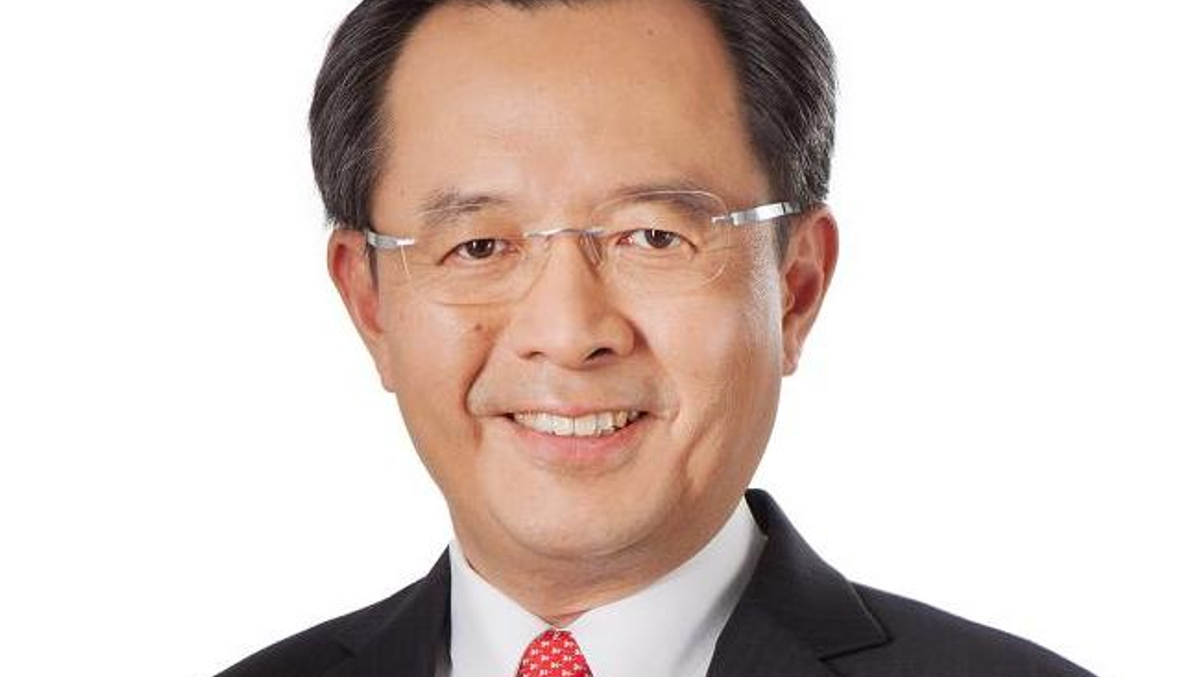Lion Global eyes Asean passport opportunities
Malaysia is the most obvious focal point for the Singaporean fund house under the Asean passport proposals, but the firm is also in early discussions with distributors in Thailand.

Like its peers in Asia, Singapore-based Lion Global Investors is mulling potential opportunities from planned regional fund passporting schemes and moving to expand its distribution network in Southeast Asia.
Sign in to read on!
Registered users get 2 free articles in 30 days.
Subscribers have full unlimited access to AsianInvestor
Not signed up? New users get 2 free articles per month, plus a 7-day unlimited free trial.
¬ Haymarket Media Limited. All rights reserved.


